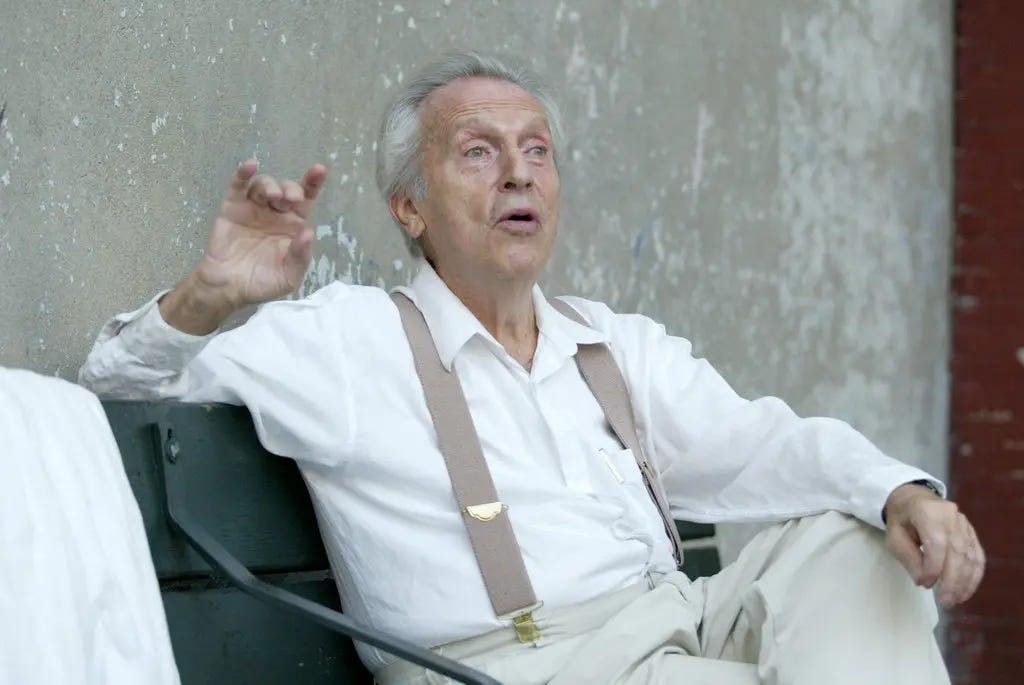Samuel Menashe (pronounced men-AHSH, 1925–2011) was a master of short verse, little jewel-like portraits, that maximized the potency of a poem with the fewest words. His clear, imagistic poems had a metaphysical approach to language.
Menashe was a master of compression and concision: much of his poetry reflects Jewish thought as a response to violence, particularly war violence. Starting in 1942, he fought in the U.S. infantry with the 87th Division, where in a single day during the Battle of the Bulge, all but 29 members of his company of 190 men were either killed, wounded, or taken prisoner.
After these traumatizing events, Menashe finished his doctorate at the Sorbonne in 1950. During this time, he lived a bohemian existence doing a series of jobs (tour guide on Gray Line buses, French tutor, lecturer on cruise ships) and writing poems. However, these poems were mostly unrecognized until Menashe was 78 and his poetry was published as the first Poetry Foundation’s Neglected Masters Award winner in 2004.
Keep reading with a 7-day free trial
Subscribe to The Sharpener to keep reading this post and get 7 days of free access to the full post archives.




